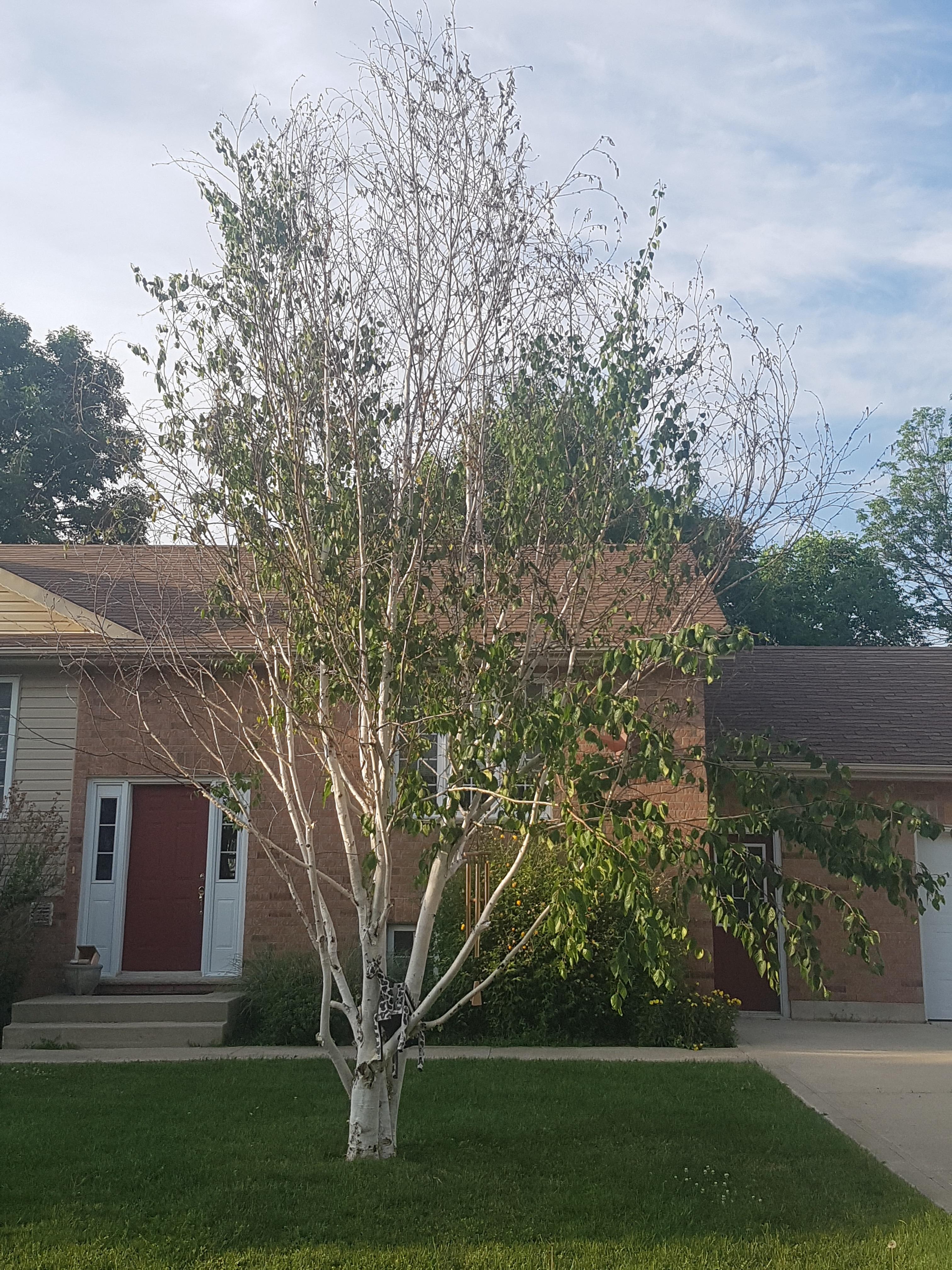Why Is My Birch Tree Dying? Understanding Causes and Solutions
Understanding the signs of an unhealthy birch tree

Why Is My Birch Tree Dying? Understanding Causes and Solutions
Birch trees, with their distinctive white bark and delicate foliage, are often considered the jewels of both rural landscapes and urban gardens. However, it's not uncommon for property owners to notice their birch trees showing signs of distress, such as discoloured leaves, thinning canopies, or even dead branches. If you're wondering, "Why is my birch tree dying?" you're not alone. This article aims to explore the various factors that could be responsible for the declining health of birch trees and offer actionable solutions.
Recognizing the Symptoms
Understanding the signs of an unhealthy birch tree is the first step in its diagnosis and treatment. Symptoms often include:
- Foliage that is off-color or sparse
- Branch dieback, particularly in the upper crown
- D-shaped exit holes in the bark
- Raised welts on branches and the trunk
- Sawdust-like frass in the surrounding soil
Many of these symptoms are also indicators of infestations by pests such as the bronze birch borer, a common threat to weakened or stressed birch trees.
Biological and Environmental Stressors
Bronze Birch Borer
This insect is particularly detrimental to birch trees, especially those that are already weakened by environmental stressors. Its larvae bore through the bark and disrupt the tree's vascular system, effectively cutting off the water and nutrient supply to various parts of the tree.
Soil and Water Conditions
Birch trees are sensitive to the soil conditions in which they are planted. Poor drainage or clay-heavy soils can cause root rot and other diseases. Similarly, drought conditions or irregular watering can weaken the tree, making it more susceptible to diseases and pests.
Other Pests and Diseases
Apart from the bronze birch borer, birch trees can also fall victim to other pests like leaf miners and diseases like cankers and rusts. While each of these problems poses its own specific threats, they all contribute to the overall weakening of the tree.
Treatment and Prevention
Regular Monitoring
Keeping an eye on the tree's health throughout the year can help in early detection of any issues, allowing for timely intervention.
Chemical Treatments
Pesticides can be effective against specific pests but should be used judiciously to minimize ecological impact. Timing the application appropriately, usually in early to mid-spring for borers, can improve efficacy.
Proper Tree Care
Regular fertilization, appropriate watering, and mulching can strengthen the tree's natural defenses against pests and diseases. If soil conditions are suboptimal, amending the soil can provide long-term benefits.
Professional Assessment
For advanced cases of decline, it may be prudent to consult arborists or tree care professionals for a thorough diagnosis and treatment plan, which may include soil tests and professional-grade treatments.
Expert Help
Several factors can contribute to the declining health of a birch tree, ranging from biological threats like the bronze birch borer to environmental conditions such as poor soil and water availability. Recognizing symptoms early and adopting an integrated management approach can often reverse the decline and restore the tree to health. When in doubt, consult professionals for an accurate diagnosis and treatment strategy tailored to your specific situation.
